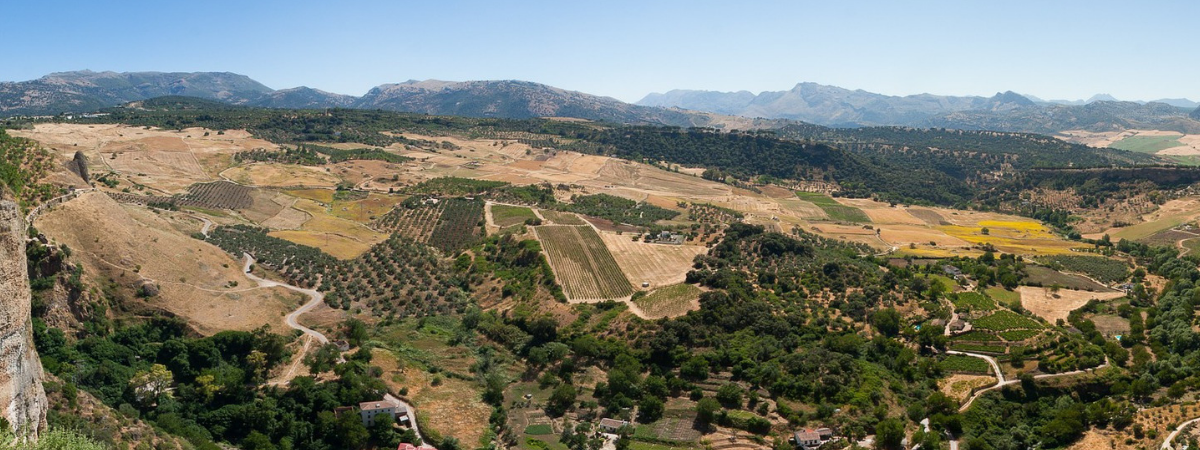From 2018 to 2019: What news and facts would bring us
From 2018 to 2019: What news and facts would bring us
From 2018 to 2019: What news and facts would bring us

In Spain, 2018 has been marked by the vote of no confidence that the Socialist party (of the Spanish Socialist Workers Party – PSOE) presented against the conservative government of Spain lead by Mariano Rajoy. In a debate that took place between May 31st and the June 1st. Pedro Sanchez, the general secretary of the PSOE; became the first president who is not an elected member of parliament since democracy was restored in 1977.
This effective impeachment was registered by the Socialist Group on May 25th, after that the High Court concluded that the “Partido Popular” (PP) had benefited illegal bribes for contracts in the ’Gürtel‘ case (through an illegal parallel accounting and financing structure in operation since the foundation of the party in 1989).
The sentence against the Partido Popular further weakened the position of the Government of Rajoy, and has led to an ideological swing to the left of the Spanish Executive. The vote of no confidence was supported by ‘Unidos Podemos’ (the alliance of Podemos and Izquierda Unida, and its regional partners), ‘Esquerra Republicana de
Catalunya’ (ERC), the Catalan European Democrat Party (PDeCAT), ‘Compromís’, the Basque Nationalist Party ( PNV), ‘EH Bildu’ and ‘Nueva Canarias’ (NCa). ‘Ciudadanos’ (Cs) withdrew its support for Rajoy and requested early elections, considering that Sánchez’s maneuver only responded to political interests and not to the State.
Super Spanish electoral Sunday in 2019?
One of the main criticisms received by the Government of Sánchez is its pronounced ideological character and its parliamentary minority, which complicates bringing forward legislative initiatives and, especially, the Budget. He has also been criticized for having promised to lead a transitional executive, only to later claim that he would try to exhaust the legislature and govern “by decree” for as long as possible. The difficulty in approving the budgets places Sánchez and his cabinet in a very tricky position, subjected to pressure from their government partners, the ‘European Union’ and the nationalistic Catalan groups.
The Catalan independence movementor ‘procés’ is still very present in the Spanish and Catalan political scene, with no prospects for a consensus of all the parties, social and political forces. This continues to affect civil society and the business and economic climate in Catalonia.
With this perspective, the coalition that has led Sánchez to power faced its first electoral test in the regional elections of Andalusia on December 2nd, 2018. After nearly 40 years of socialist leadership in this region, the electoral results brought a more conservative change of government led by the Partido Popular in coalition with Ciudadanos and far right wing Vox. These results will undoubtedly influence the Spanish political scene in 2019, especially in the municipal elections, which will be held on May 26th, along with the European Parliament elections, which will measure the strength of the socialist executive and of its political partners.
Spanish inbound tourism companies and destinations have faced an expected slowdown in the arrival of foreign tourists to Spain as a result of the return of the international market to the competing destinations of the Mediterranean region (Turkey, Egypt, Greece, Tunisia and Morocco), which have recovered much of the lost ground after the phase of social and political instability resulting from the ‘Arab Spring’ in 2011. In anticipation of a spread of sun seeking tourism from northern Europe, Spanish destinations have started to focus on new emerging markets. These efforts have begun to achieve results in 2018, with the increase in the number of American, Asian and Arab visitors; the growth of urban destinations, such as Madrid, Bilbao and Valencia; and the promotion of tourism products and services linked to lifestyle, sports and gastronomy.
According to official data, the number of foreign visitors to Spain has decreased, although their spending has increased. More specifically in residential tourism, involved in the controversy over the density of tourists in the most iconic neighborhoods in Spanish cities and the regulatory changes that seek to put limits on use of residential homes for tourism purposes.
Neopopulism: the ideological balance is recalibrated
On the other hand, and according to the most recent data from the Tourism Survey (Familitur) of the National Institute of Statistics (INE), the number of Spaniards traveling abroad has increased by 11.2%.
With the current socio-political scenario in Europe and Spain, in 2019 there will also be two regulatory issues that are expected to have a significant impact on the economy and the tourism industry. Firstly, the influence, already evident during 2018, of the ruling of the Court of Justice of the European Union (CJEU) that considers ‘Uber’ a transport company and not an intermediation platform, which is already bringing regulatory changes and public perception of other services framed in the so-called “collaborative economy” (such as the rental tourist apartments). Secondly, the application of the community directive, approved in March 2018, to impose a 3% tax on global companies in the digital sector for the profitability of user data and the income coming from the intermediation platform. This is expected to affect large companies such as Google, Facebook or Amazon, and tourist multinationals such as Booking or Expedia.
By Ana Maria Marquez
PR Director




 All the news
All the news  Back to newsroom
Back to newsroom

